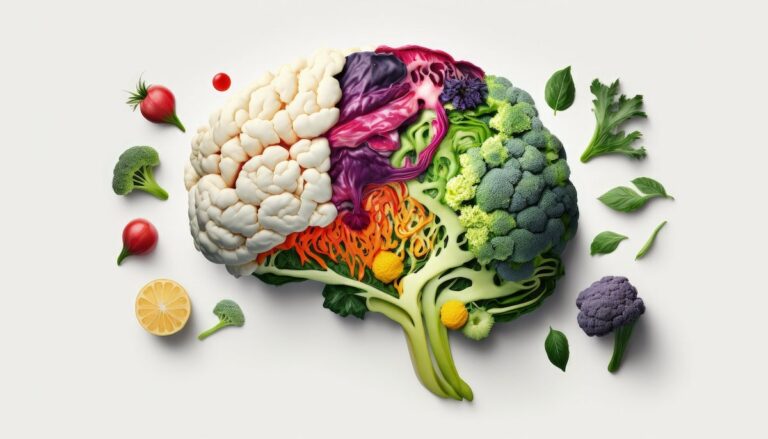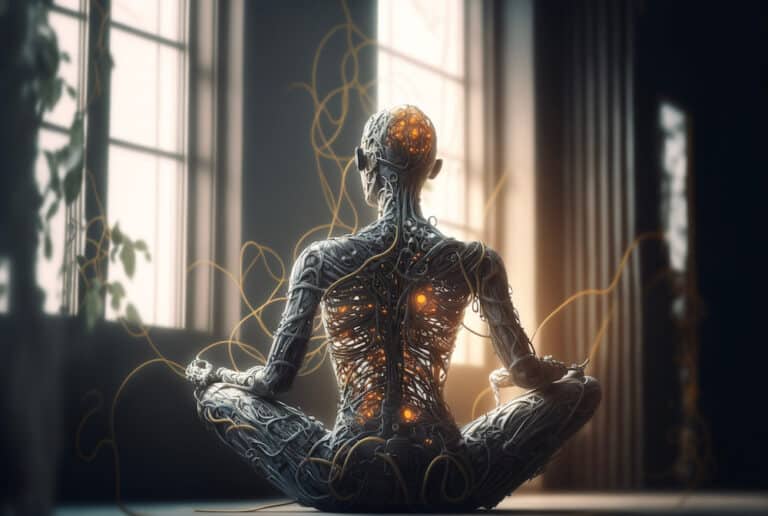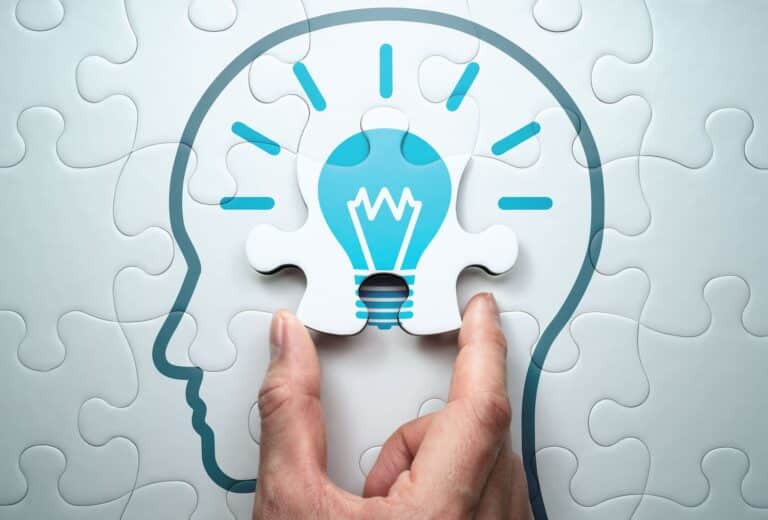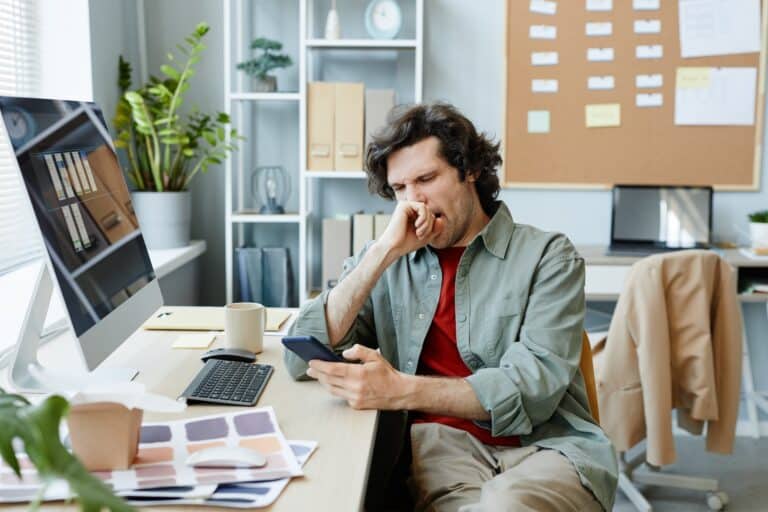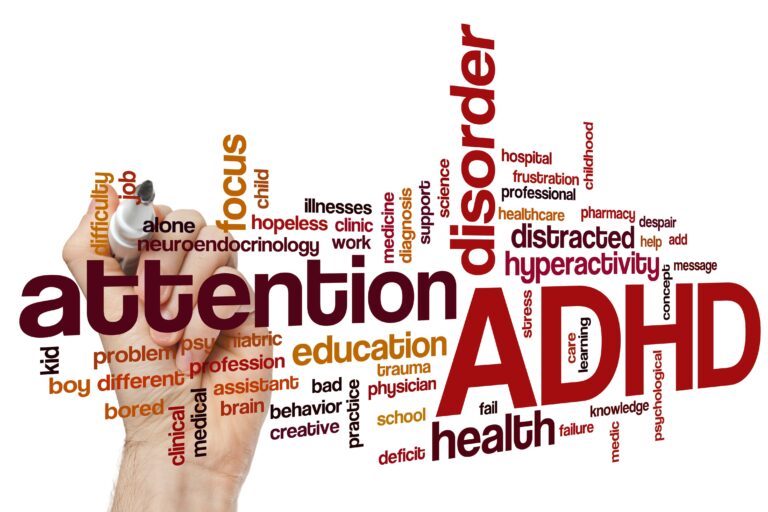Do blue light glasses work and what does it help with?
In recent years, we have become more aware that exposure to blue light affects the body, as it is unnatural to have “daylight” after the sun has set and it has become dark outside. People used to say that children got square eyes from watching a lot of TV. With mobile phones, entertainment and working around the clock, people today have a huge amount of exposure without looking at a screen.
What is Blue Light and where does it come from?
The most common sources are from the sun, LED lights and screens. Blue light is part of the light spectrum that the eye can see. In other words, the colors that the eye sees. The different colors radiate different energy and affect us in different ways. Blue light is the radiation with the most energy and is therefore the color that affects us the most in the light spectrum.
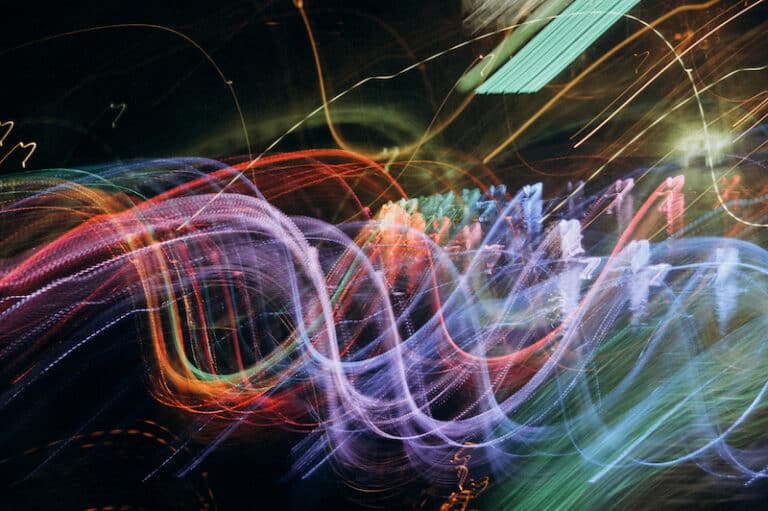
Is Blue Light Harmful?
An obvious consequence of too much blue light is dry and tired eyes. Which for many can result in headaches and other ailments. There are many ongoing studies investigating the possibility of damage from blue light, but so far there have been no clear answers on direct damage.
If you suffer from headaches after long hours at work, you may want to try blue light glasses to see if they help. In the evening, they are suitable as gaming glasses for those who like it. If you have a modern monitor, check if you have a built-in blue light filter.
Remember that there is a difference between “eye strain” and dry eyes due to lack of blinking while looking at a screen.
Eye Strain or Digital Eye Fatigue Challenges According to data published by DataReportal in March 2022, the average American spends 7 hours and 4 minutes in front of a screen every day.
If after a few hours you feel that your eyes are not quite aligned and are dry, you may have experienced digital eye fatigue.
VisionCenter.org estimates that 90% of people who use digital equipment have experienced symptoms of eye strain, including
- Pain in shoulders, back and neck
- Problems with focus from near to far
- Uncomfortable or painful eyes
- Difficulty keeping your eyes open
- Increased sensitivity to light
- Difficulty concentrating
- Headache
- Blurred vision
- Double vision
- Reduced blinking
- Dry eyes
- Tired eyes
- Red eyes
- Watery eyes
- Itchy eyes
- Factors such as how long you have been looking at a screen and underlying conditions have a major effect on symptoms and how they are experienced.
Fortunately, most symptoms of digital eye fatigue are usually temporary and tend to subside quickly when you reduce your exposure to blue light.
Blue light can give you blue stars
A 2022 study in rats showed a link between increased blue light exposure and the development of cataracts. Although the study is interesting, it is a thin study conducted on rats and not humans.
Do Blue Light Glasses help you?
Whether you use blue light glasses to deal with digital eye fatigue challenges
it’s probably an attempt that won’t work.
Firstly, blue light does not directly cause eye damage or dryness. Rather, it is the long periods spent in front of a screen that creates a breeding ground for problems with digital eye fatigue and the symptoms it can cause.
To prevent digital eye fatigue or improve symptoms after a day in front of a screen, try these measures:
- A break from using the 20-20-20 rule. Look at someone 20 meters or far away for 20 seconds every 20 minutes.
- Do not sit too close to the screen. You should sit around an arm’s length from your monitor.
- Use eye drops for dry eyes.
- Visit an optician every two years to make sure your vision is optimal.
What Do the Experts Say About Blue Light?
There is no risk of injury from normal exposure to blue light. There is no evidence to suggest that sitting too long in front of a screen will cause damage to the eyes or retina. No evidence suggests that prolonged screen use can damage the eyes.Professor of Optometry Rigmor C. Baraas
The same applies to other everyday light sources such as LED lights. Measurements show that the limit for how long you can look at such light is not exceeded under normal conditions of use. Practically speaking, it must be very uncomfortable to look at a light source for it to be strong enough to cause damage.
Are you sleeping better?
Blue light from a screen in the evening plays with the circadian rhythm and the body’s internal clock.
In fact, research shows that we are much more receptive to light in the latter part of the day. Therefore, it takes very little blue light to prevent the natural production of the hormone melatonin. Melatonin is a hormone that signals to the body that it needs sleep.
I wear blue light glasses every night and since I started wearing them I have fallen asleep shortly after going to bed and need less sleep to feel rested. Blue light glasses help:
- Helping you to sleep better: Wearing your glasses at the right time ensures that your body can produce optimal melatonin levels close to the appropriate bedtime. You’ll fall asleep faster and sleep better and deeper through the night.
- Get more energy throughout the day: Too little sleep from sleeping too little and poorly over time is a sure way to know that your energy throughout the day is dropping.
What do Blue Light Glasses do?
- The glasses block all blue waves in the spectrum
- Since you don’t get blue light on your eyes, your body will therefore produce sufficient melatonin to ensure normal good sleep.
Several studies support the effect of wearing blue light glasses:
- Study published in the Journal of Chronobiology International shows “significant evidence for blue light glasses” in helping people with insomnia, jet lag and shift work to fall asleep faster.
- The Journal of Ophthalmic and Physiological Optics “reduced night time levels of ipRGCs”. The first to a 58% increased amount of melatonin level at night and regulated sleep patterns in the test participants.
- The Journal of Lighting Research and Technology found that wearing blue light blocking glasses helped prevent melatonin suppression in teenagers.
Although blue light glasses help with sleep, it’s important to have other pieces in place to sleep well. See article on intermittent fasting for even better sleep.
Remember that blue light in the morning is good for signaling your body’s hormones that you should be awake. Do not use the glasses to block normal daylight under normal circumstances.



